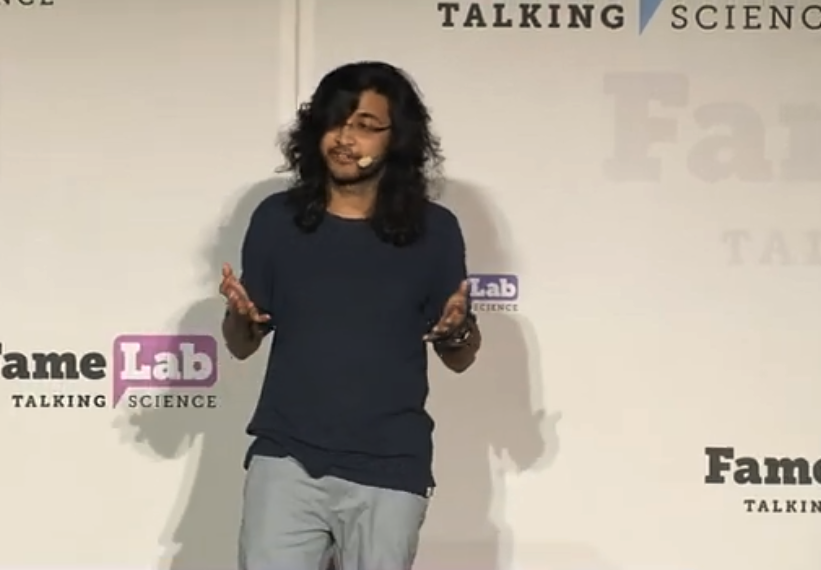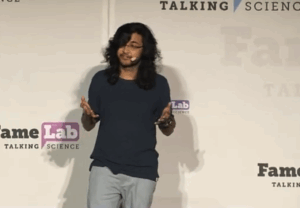BERLIN — Indian astrophysicist Dr. Mayukh Panja, who has lived in Germany for nearly a decade, has voiced strong criticism of the country’s current trajectory. In an interview with the German newspaper DIE WELT, Panja described a nation that has, in his view, lost much of the intellectual and scientific vigor that once made it a global model.
When he arrived nine years ago, Panja said he regarded Germany as “a country at the forefront of science, reason, and progress.” Today, however, he sees signs of decline — not only economically, but also culturally and intellectually. The cause, he argues, lies in what he calls a “moralizing minority” that increasingly dominates public discourse and policymaking.
“Complex issues are being discussed in moral, not rational, terms,” Panja told DIE WELT. “That prevents open debate and stifles innovation.”
According to the physicist, this trend is particularly visible in debates on climate policy, migration, and identity politics, where emotional and ideological arguments often overshadow pragmatic solutions. He contends that this moral rigidity discourages free thought and undermines Germany’s traditional strengths in science, engineering, and industry.
Panja also expressed concern about the growing bureaucratization of research and the loss of competitiveness in technology and education. Many of his international colleagues, he noted, no longer see Germany as a leading scientific destination, but rather as a country struggling with self-imposed constraints.
By contrast, he pointed to India and the United States as examples of societies that encourage debate, risk-taking, and intellectual freedom — qualities he believes are essential to progress.
“Germany seems afraid of making mistakes,” he said. “But science and innovation depend on the freedom to fail — and to learn.”
Despite his critical tone, Panja’s remarks were not intended as a dismissal of Germany, but as a call for renewal. He urged the country to rediscover the values that once defined its success: rationality, openness, and a culture of excellence.
“Germany became strong through clarity and courage, not through moral superiority,” he said. “It can be strong again — if it chooses reason over ideology.”
The interview has sparked renewed discussion among international professionals and observers about Germany’s evolving role as a hub for research, innovation, and talent. (hb)


